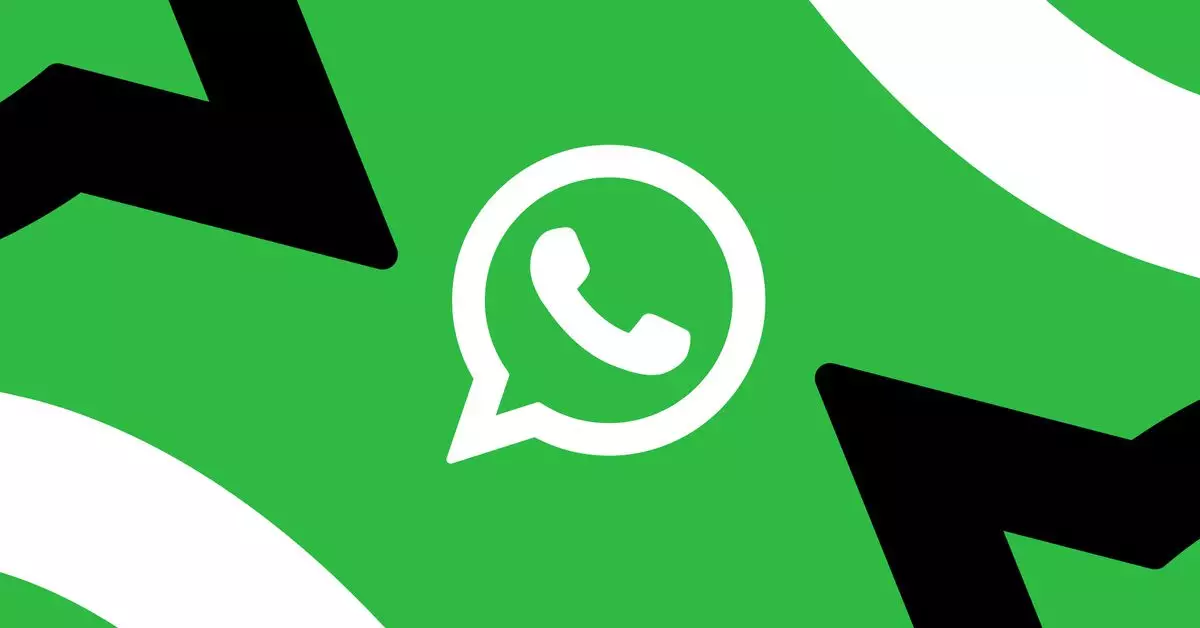Meta, previously known as Facebook, has recently revealed its plans for incorporating third-party chats into WhatsApp and Messenger for users in the European Union. This change introduces new options for users to combine Messenger and WhatsApp messages with third-party chats, or keep them separate. In addition to this, Meta will be adding new notification features to inform users when they can link chats from newly supported apps.
Meta claims to have exceeded the basic requirements for interoperable messaging by offering rich messaging features such as reactions, direct replies, typing indicators, and read receipts. Furthermore, the company plans to introduce the option to create groups with other people in third-party chats starting next year. This move towards interoperability extends beyond messaging, as Meta aims to support third-party video and voice calls by the year 2027.
Despite Meta’s ambitious plans, there are several challenges the company will face in implementing third-party integrations with WhatsApp and Messenger. Meta is considered a “digital gatekeeper” under the EU’s Digital Markets Act, and as such, it must adhere to regulations requiring interoperability with third-party apps like iMessage, Telegram, Google Messages, and Signal. One of the main obstacles Meta will need to address is ensuring that other companies wishing to integrate with WhatsApp and Messenger use the same Signal Protocol to maintain message privacy.
As part of the process for integrating third-party apps with WhatsApp and Messenger, Meta will provide the Signal Protocol to partners upon request. This move towards transparency aims to foster trust among users and third-party developers. Meta will require third-party apps to sign an agreement outlining the terms and conditions for integrating with WhatsApp and Messenger, as well as ensuring the safeguarding of user data and privacy.
Meta’s plans for incorporating third-party chats into WhatsApp and Messenger signal a significant shift towards greater interoperability and enhanced messaging features. With the introduction of new options for combining messages and notifications from third-party apps, Meta is poised to revolutionize the way users communicate across different platforms. However, the company will need to overcome challenges related to compliance with regulations and ensuring privacy and security for users and third-party developers. As Meta continues to evolve its messaging platforms, users can expect to see further enhancements and innovations in the years to come.

